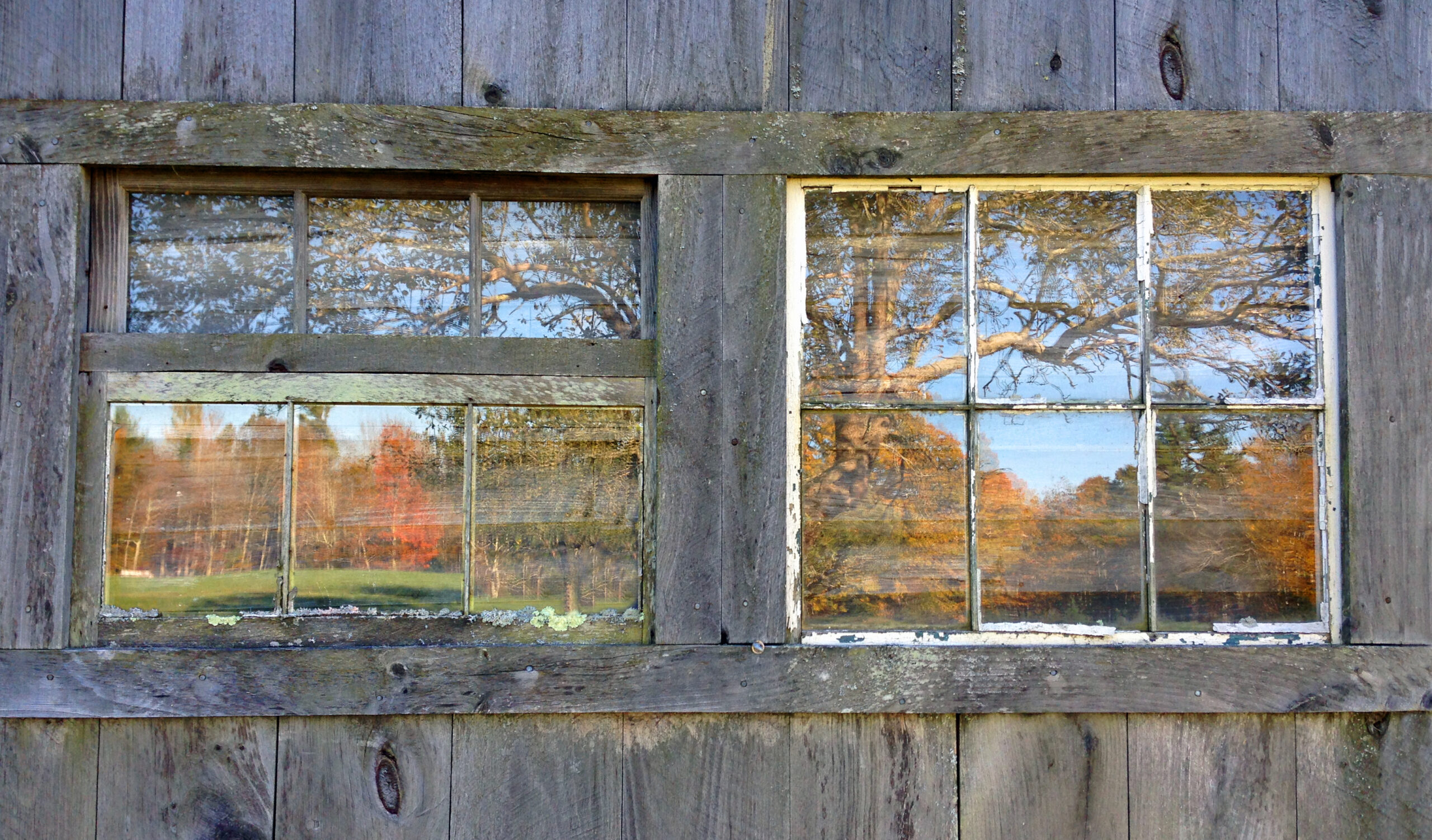
By contrast, those who are Introverted tend to project their own image of the world out to the world and simultaneously provide a psychic mirror that enables them to see this image bouncing back at them. The Introverts then come to believe that this mirrored image is actually the real world. An Introvert, for instance, will be confident that they have conveyed a specific message to their spouse, only to discover that they only thought about delivering this message. They rehearsed it, but never sent it out.
I have spent time on this important distinction because I believe it might be playing a critical role in how people process information about COVID-19 in quite different ways. Those who are Extraverted will actively pursue and take in information they are receiving about the virus. If they are oriented toward the Sensing function, then they are likely to be influenced by this information. If they are oriented toward the Intuition function, then they are likely to be selective in what information they take in (looking for information that supports their own assumptions).
By contrast, those who are Introverted will be inclined to ignore the external information—but believe that they are being “realistic.” What they are seeing is their own projections outward about the virus that is bouncing back to them as “reality.” While on the surface, this Introverted projection might seem to be a bad thing that should be corrected, it can be quite important in the formulation of public policy. It is the vision of the Introverts that can be of great value regarding what the world might look like and how it might operate after the virus has been controlled or even eliminated. We must “lean into the future” (Bergquist and Mura, 2011) and “learn into the future” (Scharmer, 2009), while also learning from the past when moving forward in addressing future pandemics. This perspective regarding the future resides at the heart of Hope.
Families: we find major differences in not only the way in which individual people in the United States have reacted to and addressed the challenges of COVID-19, but also the way in which families have differed in their own perspectives and practices regarding this virus. In societies that are heavily emmeshed, abundant with strong sociopetal settings (including rituals, celebrations, myths, philosophies, theologies), the differences among families are likely to be minimal. Most families will “obey” the norms and expectations of the culture in which they dwell. As in the Broadway musical (and movie), Fiddler on the Roof, the families are deeply influenced by the “traditions!” of their community. At the heart of this musical is the story of what happens when the traditions are upended—the fiddler is finding it hard to find balance standing on the top of the roof. It is interesting to note that Fiddler on the Roof has been positively received in many enmeshed societies (other than just the mythic shtetl of Russia where this story unfolds).
It is a quite different story in a society such as is found in the United States. There are many subcultures operating – the large number of “others” that I have already identified. The disengagement of American societies allows for the existence (if not always the tolerance) of multiple family patterns. With the dissolution of the normative nuclear family (one husband, one wife and several children), the diversity of family structures has become that much greater. As a result, some families operate in a disengaged manner, while others are heavily enmeshed. I propose that those who come from heavily enmeshed families are likely to find more support during the COVID-19—though their sense of loneliness might be greater given that they are unable to be with some of the people who are tightly interwoven in their life. While the members of enmeshed families might find great comfort in spending extensive in-person time with their immediate family, they are likely to miss the in-person time with the more extended family that is commonly found in enmeshed family systems. Uncles, aunts, cousins, nephews – and especially grandparents—are often sorely missed.









